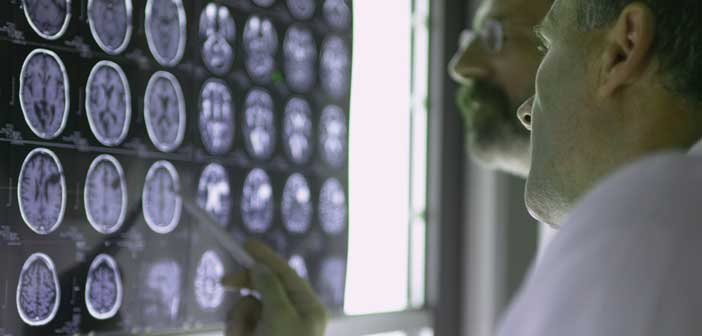ONTARIO—The Grand Council Chief of the Union of Ontario Indians is applauding the Friday decision of the Ontario Court of Justice, which ruled that a hospital couldn’t force a First Nations girl from the Six Nations community to take chemotherapy. The girl, known as J.J., and her mother, D.H., have opted to use traditional medicines to treat the 11-year-old’s acute lymphoblastic leukemia, ending her chemotherapy treatment 10 days into the 32-day course this August. This is the second child to have been withdrawn from Western medical treatment for an acute illness. The other, also a young girl, is from the Mississaugas of the New Credit community.
“Our people have been treating ourselves for thousands and thousands of years,” Grand Council Chief Patrick Madahbee told The Expositor. “Nobody has the right to impose their beliefs on a people.”
He added that disease did not come to the Americas before Europeans came into contact with First Nations people.
He himself uses both traditional and Western medicines and believes it is up to the individual alone to decide which treatment is best for them.
In the ruling, Justice Gethin Edward said, “This is not an 11th-hour epiphany employed to take her daughter out of the rigours of chemotherapy. Rather, it is a decision made by a mother, on behalf of a daughter she truly loves, steeped in a practice that has been rooted in their culture from its beginnings…”
“It is this court’s conclusion therefore, that D.H.’s decision to pursue traditional medicine for her daughter, J.J., is her aboriginal right,” the justice continued. “Further, such a right cannot be qualified as a right only if it is proven to work by employing the Western medical paradigm. To do so would be to leave open the opportunity to perpetually erode aboriginal rights.”
The case first made headlines when D.H. penned a letter to a First Nations paper, saying she would be taking her daughter to a holistic healing centre in the United States. This prompted the hospital, McMaster Children’s Hospital, to contact the Brant Family and Children’s Services, asking the agency to wade in to force J.J. back into treatment. When Brant Family and Children’s Services denied this request, the hospital took them to court.
In a joint press release from the Six Nations of the Grand River and the Mississaugas of New Credit councils, they write: “Our communities have two girls and families directly affected by this decision. Both families are loving, diligent, and conscientious in the care they provide for their daughters, and in the decisions they make concerning their medical care. Both have elected to discontinue chemotherapy, and are relying, instead, on traditional medicines.”
“Forcing a First Nations child to undergo unwanted, mainstream medical treatment is an affront to the dignity and autonomy of the child, our cultures, and our nations,” the press release continues. “Had our children been forced into treatment, it would have had a disastrous effect on their emotional, psychological, and spiritual well-being. Instead of being proud of their own traditions, they would learn that the laws, governance, teachings and medicines of the Haudenosaunee and Anishinabe cultures were wrong and even dangerous. This is simply not true.”
“We sincerely hope that this decision is part of an emerging era of healing and reconciliation between Canada and our nations,” the councils conclude. “We hope that our children and generations to come will no longer experience the mistrust, misunderstanding, and mistreatment by the Canadian government that have been our daily reality for over 200 years.”
“The decision of these parents must be respected,” Ontario regional Chief Stan Beardy said in a press release. “I agree with what the judge decided. That ultimately it is the mother’s choice to pursue indigenous medicine and her right,” Regional Chief Beardy said. “As part of the treaty-based nation-to-nation relationship, we agree to work with organizations and government but we have the right to govern ourselves and our children.”




